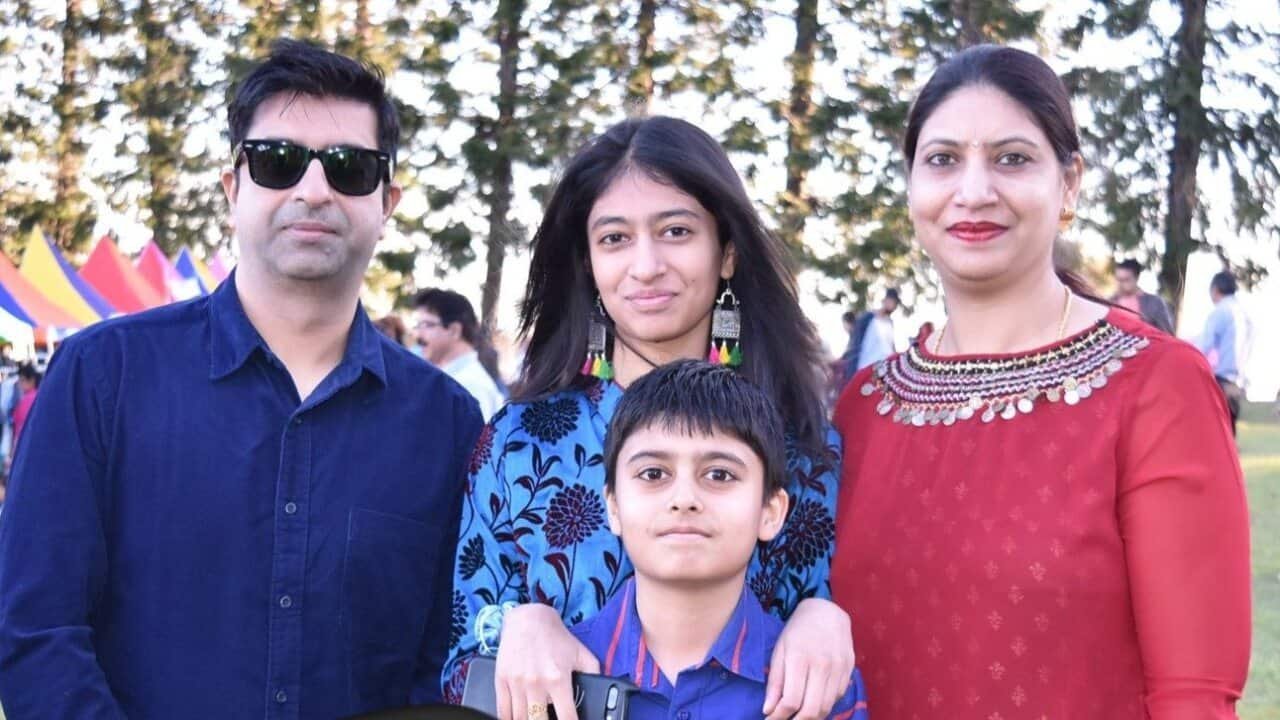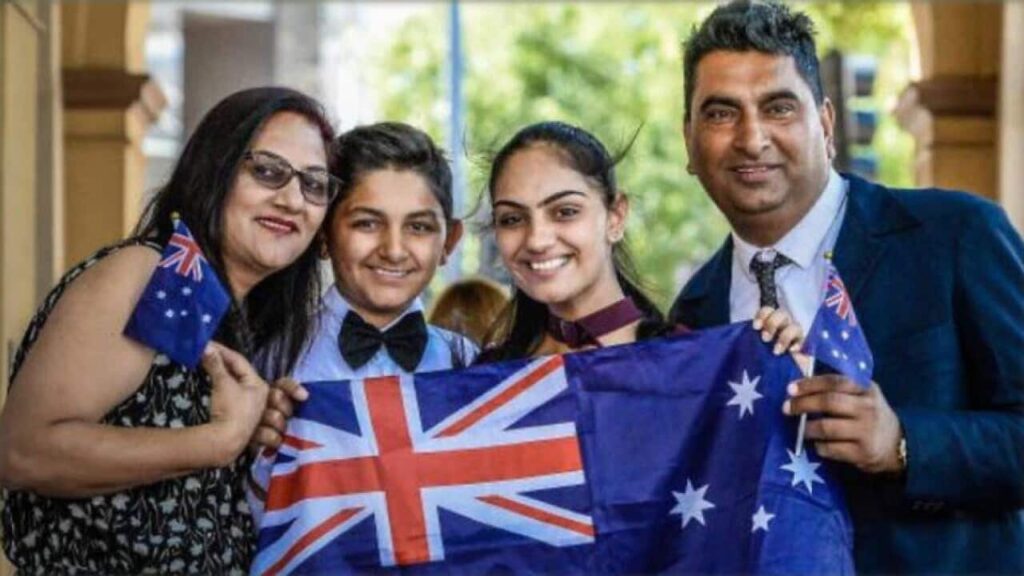RACIST ABUSE ROCKS INDIAN COMMUNITY IN AUSTRALIA ONE MONTH AFTER ANTI-IMMIGRATION PROTESTS
- Indians in Australia face constant racist abuse, with some experiencing “fight or flight” moments
- Anti-immigration protests in August sparked a wave of hate speech and violence against Indians
- Victims share harrowing stories of verbal abuse, death threats, and physical violence
One month after a series of anti-immigration protests swept across Australia, the Indian community continues to live in fear of racist abuse. **Nayonika Bhattacharya**, a 26-year-old solicitor, was left “frozen” in her tracks when a stranger hurled racist slurs at her in Sydney’s CBD. “He was shouting things like ‘you curry muncher’, ‘smelly Indian’, and ‘Mrs 7/11 truck driver,'” she recounted.
For Ms Bhattacharya, the incident was a stark reminder of the “aggressive, violent, insidious and uncontrolled” racism that has taken hold in Australia. She is not alone. **Agi**, a Perth-based content creator, has received a constant stream of racist abuse, including death threats, since the protests. “Some people write things like, ‘This is why we bash Indians in Sydney and we love doing it,'” he said.
The March for Australia protests, which took place on August 31, specifically targeted the Indian community, with flyers distributed in major cities claiming that more Indian nationals have migrated to Australia since 2020 than there have been Greek and Italian arrivals since 1925. **Suraj Raja**, a 27-year-old from Perth, believes the organisers of the anti-immigration rallies rely on tokenism to portray themselves as “peaceful white people with reasonable intentions”.
Despite police urging victims to report incidents of racist abuse, many remain fearful of speaking out. **Daizy Maan**, co-founder of the Australian South Asian Centre, says that racism directed at Indian and South Asian Australians is often overlooked. “We shouldn’t have to prove our worth by constantly reminding people that we are grateful to be here,” she said.

Dr. **Sukhmani Khorana**, an associate professor in media and migration at the University of New South Wales, believes that racial literacy is essential for moving forward. “It could be part of formal educational curricula, as well as broader community education programs,” she said. Ms Bhattacharya agrees, calling for stronger laws against racism and hate speech, online and in-person. “Unless the community and government track and respond to the growing experiences of racism, these stories will be lost.”

